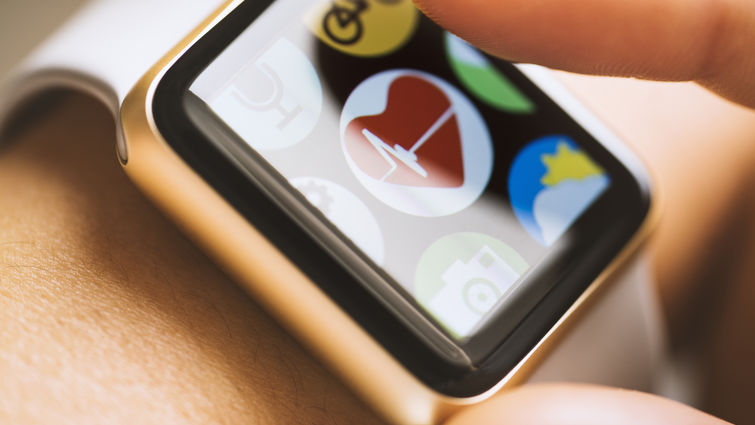
Millions of people are wearing fitness trackers to stay aware of their health status or encourage them toward a healthier life. Although these trackers have their advantages, they can sometimes cause unnecessary concern.
A heart study by Apple, which was recently presented at the American College of Cardiology conference a few weeks ago, raises the question of accuracy of these devices. The study focused chiefly on the accuracy of detecting irregular heart rhythms — mainly atrial fibrillation. Nearly 6 million U.S. citizens suffer from atrial fibrillation, which can cause stroke. In a 400,000-participant study, an Apple watch could detect atrial fibrillation; however, the majority of notifications ended up being false alarms. Concern with such findings result in unnecessary Emergency Department patient visits, unnecessary testing and rising hospital and patient healthcare costs.
Given the findings of the study, here are my recommendations about what can you do, to be smarter than your smartwatch.
- Know a normal heart rate. A normal heart rate is anything between 60 and 100 beats per minute. Athletes are more likely to have a lower heart rate because of their conditioning. Be aware that your heart rate falls during sleep, and that is normal. Your heart rate will go up during activity. To know your suggested maximum heart rate during a workout or physical activity, subtract your age from 220. An active 20-year-old can go as high as 200, as long as you don’t have any symptoms.
- When to worry. Symptoms are your biggest indicator of concern with cardiovascular symptoms.For example, if you feel your heart skip beats, feel palpitations, or suddenly become dizzy and your smartwatch is indicating abnormal rhythm, you can bring it up to your physician.
- Have a relationship with your doctor. Make sure to go in for your annual wellness check and keep your provider updated on your health and wellness progress. Write down all the questions you may have. Discuss your concerns of symptoms with your doctor and show pictures of what your smartwatch has been telling you. Most of the time, your primary care physician should be able to guide you further.
If you are interested in partnering with a physician at Loma Linda University, the LLU International Heart Institute team contains experts well-versed in a myriad of heart health resources and information on heart conditions. Cardiovascular physicians are more than happy to not only provide answers to your questions but join you on your journey in health. If you would like to partner with us or simply want quick cardiovascular information, visit our website or call 1-800-468-5432.
—Purvi Parwani, MD, is a cardiovascular disease specialist at Loma Linda University Health.
